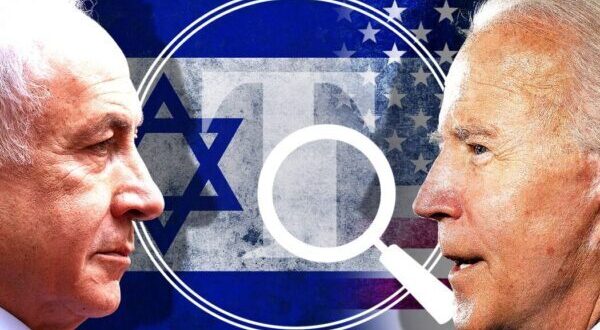Israeli Prime Minister Benjamin Netanyahu has taken a stance against allowing the Palestine Authority, currently governing portions of the West Bank, to have any administrative role in the Gaza Strip after conflicts with Hamas conclude. This move is seen as a deliberate effort to undermine the revival of the “two-state solution” peace plan, which has been the cornerstone of efforts to resolve the longstanding conflict in the Middle East.
The two-state solution, originating in 1991 and supported by the United States—Israel’s principal ally—envisions the creation of a Palestinian state in the West Bank and Gaza Strip, coexisting peacefully with Israel. Despite being inactive for a long time, this approach is widely regarded as the most feasible pathway to achieving peace in the region.
The administration of US President Joe Biden has suggested that the Palestine Authority should play a pivotal role, potentially even a permanent one, in the establishment of the future Palestinian state. Since the onset of the Gaza conflict on October 7, President Biden has often spoken about this vision, albeit without a detailed plan for its realization.
Biden has emphasized the need for a clear strategy post-crisis, advocating for the two-state solution. Echoing this sentiment, US Secretary of State Antony Blinken, on November 8, reaffirmed the administration’s support for the two-state solution and proposed that Gaza be integrated with the West Bank under the governance of the Palestine Authority.
Netanyahu, on the other hand, has consistently opposed these proposals. He has been a critic of the two-state solution since its inception and has avoided directly opposing it in the current context, particularly while Biden supports his military campaign. His strategy involves counteracting a fundamental aspect of the peace plan: the involvement of the Palestine Authority, a successor to the Palestine Liberation Front, which originally negotiated the two-state plan with Israel.


